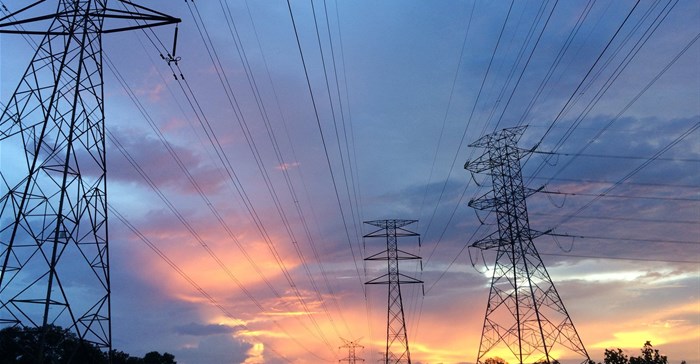
Cellular IoT, though not a novel concept, has the potential to revolutionise South Africa’s energy sector. It connects physical devices to the internet via cellular networks, enabling these devices to communicate using the pervasive cellular infrastructure. This connectivity can foster an environment where energy resources are managed with unprecedented efficiency.
At the heart of this transformation is the integration of sensors and connectivity solutions into energy systems. These enhancements allow for real-time monitoring, analysis, and control of energy distribution. In a nation grappling with energy challenges, this could be the dawn of a new era in efficient power management.
Smart grids leverage cellular IoT technology to dynamically monitor energy consumption across different nodes of the grid. This real-time monitoring enables an energy provider to ensure supply is optimised based on demand. This can significantly reduce energy wastage.
For cities like Johannesburg and Cape Town looking to overcome a reliance on traditional supply, these insights can be crucial to better manage alternative sources of energy. At a time when every watt of electricity seems to count, the impact of injecting efficiency into the grid can be monumental.
The real magic happens when we start analysing the data harvested by cellular IoT solutions. Everything from identifying consumption patterns, predicting demand, and being able to make informed decisions on how energy should be distributed can be used to aid in grid management. But this data can also enable service providers to become more proactive.
The data can be used to predict and highlight potential issues within the grid before they escalate into problems that could disrupt service to homes and businesses for days on end.
Beyond smart grids, cellular IoT can help facilitate real-time monitoring and control of renewable energy resources. The country has significant solar and wind energy potential. Implementing cellular IoT solutions can enhance the efficiency of harnessing, distributing, and monitoring renewable energy whether you are a farmer in a remote off-grid area or a business operating in the heart of the city.
For instance, solar farms equipped with cellular IoT technology can monitor the performance of solar panels, detect anomalies, and optimise operations based on weather forecasts.
Even consumers can benefit from using cellular IoT solutions when it comes to energy management. Imagine a scenario where a homeowner can monitor and control their energy consumption through mobile applications using a high-speed cellular network.
Not only can the consumer manage their energy consumption better to save money, but this also helps foster a culture of energy conservation – a step closer to creating a more sustainable energy ecosystem.
The journey towards revolutionising the energy sector in South Africa with cellular IoT applications is one that holds significant promise. But for this to work, all stakeholders must work together and share in a vision of putting in place a sustainable, efficient, and reliable electricity environment for a sustainable future.
Yes, the scale of the energy crisis in South Africa and the rest of the world is significant. Yet, thanks to advanced technology solutions like cellular IoT, there is a need to be positive and optimistic.
With the right blend of technology, policy support, and stakeholder engagement, energy management can change for the better and usher in a new era of sustainability and efficiency.